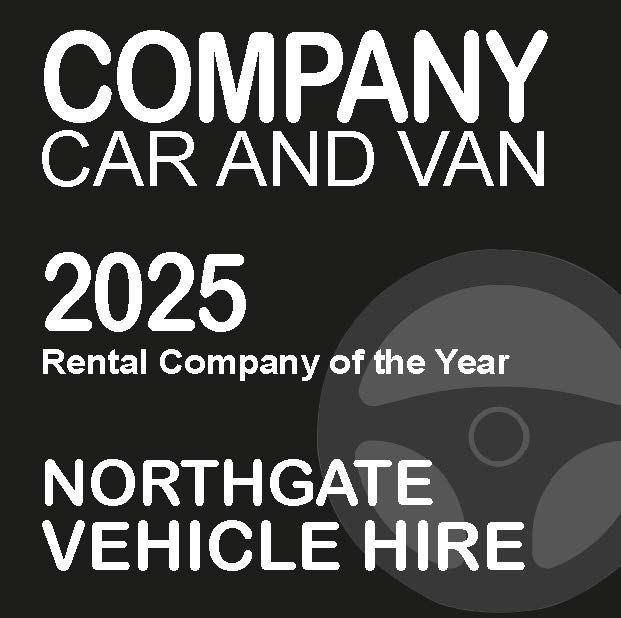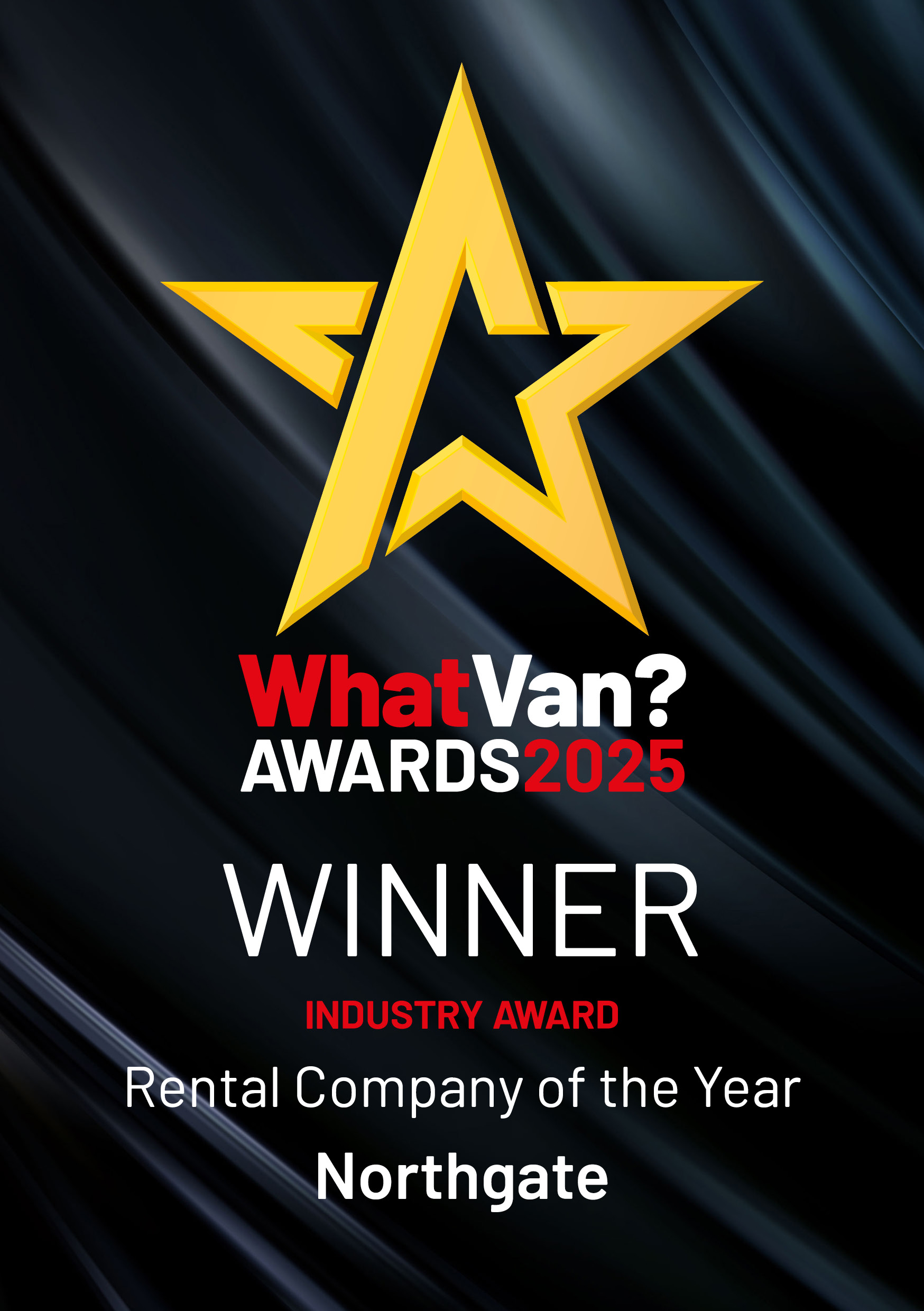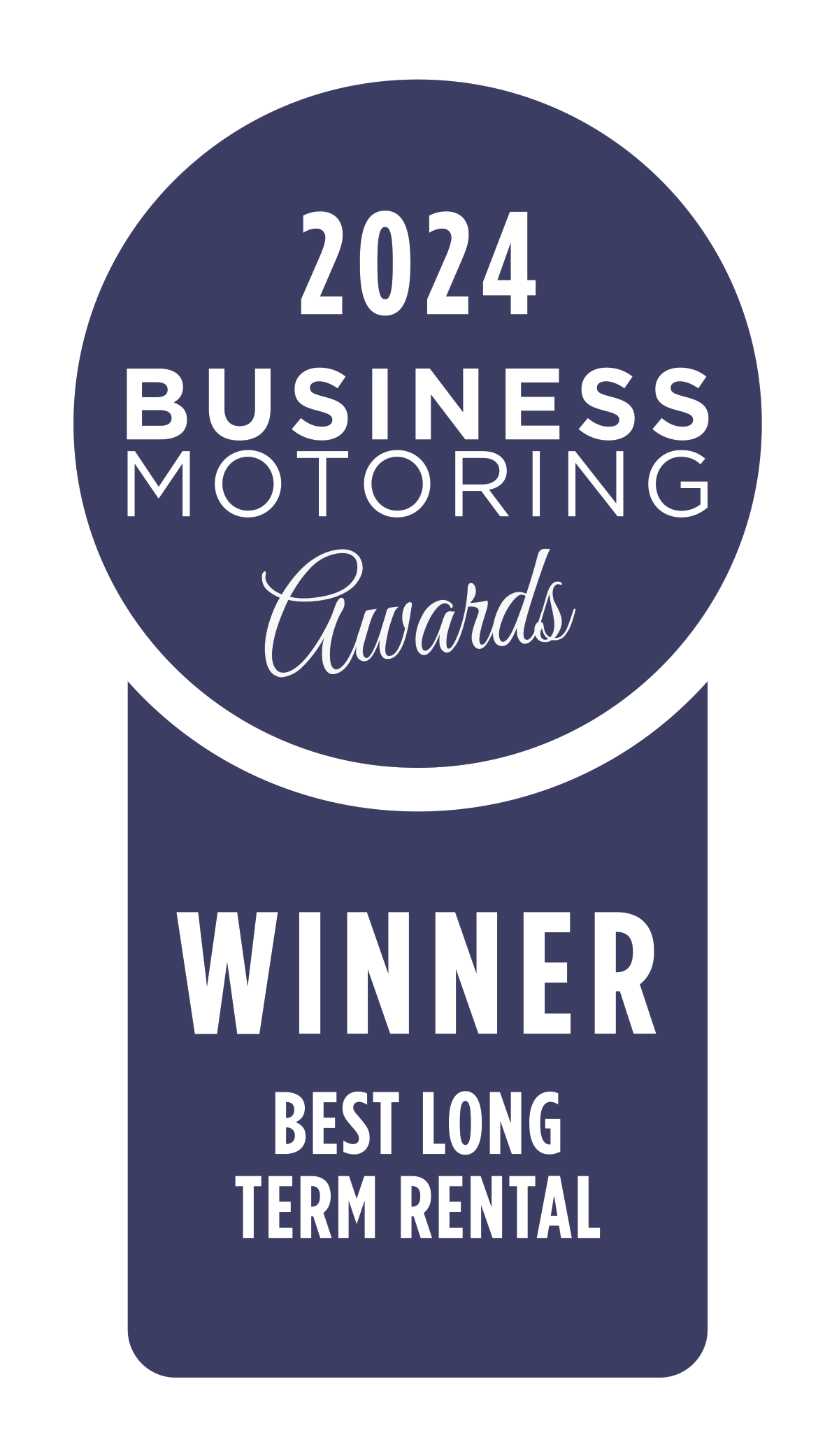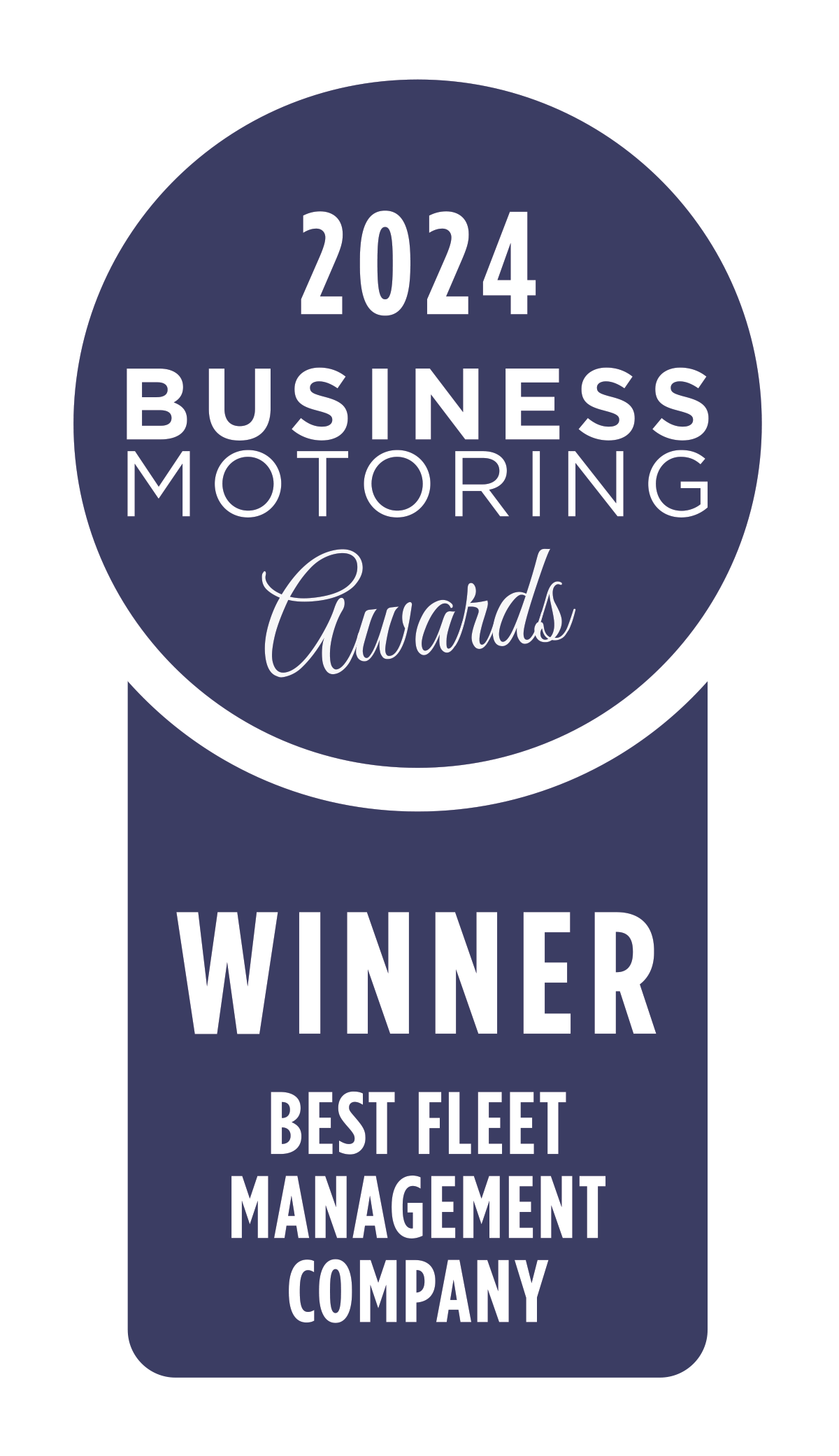Managing Fleet Costs
Managing a fleet can be expensive and time-consuming. With the support of Northgate and our extensive fleet products, we can ensure your fleet is running as efficiently as possible keeping you on the road for your customers.

Understanding Fleet Costs
Fleet costs, also known as total ownership costs (TCO), are the expenses associated with managing and maintaining your vehicles throughout their lifecycles including the cost of acquisition, fuel, maintenance, insurance, and depreciation.
TCO expenses can be categorized into two main types: Fixed and Variable.
Managing fleet costs optimises your fleet operations, efficiency, and financial sustainability by implementing cost-saving measures, adopting fuel-efficient technologies, and staying informed about industry trends and regulations. Knowing your fixed and variable costs helps you to maintain an ongoing budget long-term by highlighting where you are spending too much money – or not enough.
Fixed vs. Variable Costs in Fleet Management
Knowing the difference between fixed and variable costs is significant for a leading fleet operation.
A fixed expense stays relatively unchanged each month, regardless of business output. A variable expense changes frequently based on output or market prices.
Keeping track of your fixed and variable costs helps you maintain an ongoing budget and make informed decisions on critical business decisions such as saving money on fleet management costs and maximising the value of your depreciating assets.
Fixed Costs Examples
Taxes
Insurance
Deprecation
Variable Costs Examples
Fuel
Maintenance
Tyres
Fixed Costs
Fixed costs occur regularly, as they are generally based on time rather than usage and are essential for maintaining the fleet's operational capacity.
Variable Costs
Variable costs in fleet management are expenses that fluctuate based on the level of fleet usage and operational activities. Key variable costs include:
Strategies for Reducing Fleet Costs
Effectively managing and reducing fleet costs requires a multifaceted approach with a focus on implementing preventive maintenance programs to minimize the risk of breakdowns and expensive repairs and utilising telematics to optimise fuel efficiency through route planning, tracking vehicle health and monitoring driver behaviour.
Fleet Optimisation
Additionally, right-sizing enhances overall operational efficiency, streamlining resource allocation and ensuring that each vehicle is utilised optimally, leading to improved productivity and long-term financial savings.
By combining fleet optimisation techniques, businesses can achieve a more streamlined, cost-effective, and environmentally friendly fleet operation, contributing to overall operational excellence:
Right-Sizing the fleet:
Evaluate and adjust the fleet size to match actual demand, preventing the costs associated with excess vehicles while ensuring that each vehicle is utilised efficiently.
Alternative fuel and electric vehicle options:
Explore alternative fuel options, such as electric or hybrid vehicles, to reduce fuel costs and environmental impact.
Regular audits and benchmarking:
Conduct regular audits of fleet operations and benchmark against industry standards to identify areas for improvement, cost-saving opportunities, and best practices.


Telematics and Fleet Technology
Northgate telematics
Northgate Telematics improve business efficiencies alongside benefits for you and your drivers with a leading platform for tracking and cameras that provide live footage of any incidents. Telematics can be used to improve route planning for your fleet which can align with your businesses sustainability goals as you use less fuel and reduce your carbon emissions, helping your green compliance credentials.
Additionally, telematics can help reduce the insurance premiums on your fleet vehicles due to fewer accidents and collisions.
Our wide install network means your nearest install site is always a convenient distance away or we can even travel to your business.
Fleet Policy and Compliance
Additionally, well-defined policies foster accountability and compliance among drivers and staff, ensuring that the fleet operates within budgetary constraints and aligns with strategic cost-control objectives.
Northgate fleet compliance guide
Our FREE downloadable guide makes fleet compliance simple, saving you the time, effort, and headache.

Further reading and news from our blog
Get up to date with the latest industry news, advice and insight.

Everything about managing fleet disposals for your business
Fleet disposal is a popular phrase used by fleet managers and with good reason. It’s a crucial part of a vehicle’s lifecycle – but what is Fleet Disposal and why is it so important?

A complete breakdown of the 2023 April energy price cap
Get up to date with all the information regarding the April price cap and what it could potentially mean for your business in the future.

Business van hire, lease or buy - what's the difference?
Looking for the most cost-effective way of getting vans for your business? Use our quick-reference tables to identify the key differences between renting, buying and leasing.






